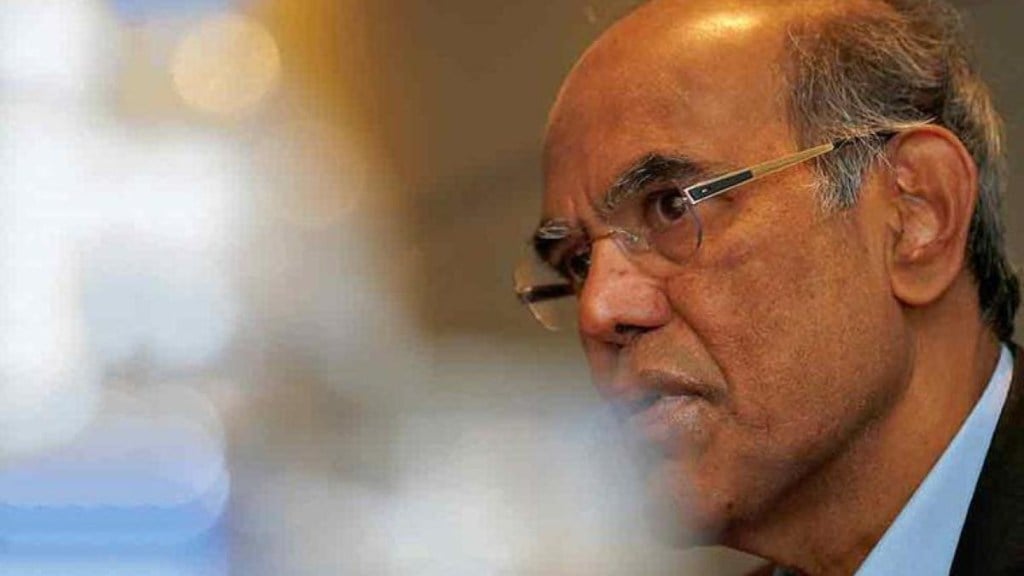If the economic survey is more than a financial and accounts document that can be leveraged as a platform to explore new ideas then there is much to learn from Duvvuri Subbarao.
Emblematic of a shared game plan of the Centre and the states to realise the dream of Viksit Bharat, the former governor of the Reserve Bank of India (RBI) says the centre-state cooperation and consultation is crucial to get India to the high table of developed nations.
However, he reminds that the gains for the nation can be truly accrued with better Centre-state consultation and for this moots a new ‘platform’. “We need a different, and a different type of, platform for centre-state consultation in an apolitical, non-adversarial, non-confrontational context,” he says. The meetings for this, he says, “should be organised around a specific and limited agenda, all prepared statements should be taken as read, the discussion should be business-like and result-oriented to iron out differences and arrive at a consensus.”
Talk of centre, states and financial resources and the mention of the much-discussed Goods and Services Tax (GST) is inescapable. Pointing to “sufficient evidence that the GST has lived up to its promise,” Subbarao says, “RBI analysis shows that the average buoyancy of states’ own tax revenue increased from 0.86 (2012-20) to 1.44 in the post pandemic period (2021-25), mainly driven by robust growth in the States Goods and Services Tax (SGST).” He also adds: “Interestingly, states with a history of low tax-GSDP ratios have witnessed larger buoyancy than others showing that the GST has contributed to reducing horizontal imbalances.”
Subbarao was delivering the 3rd B.P.R. Vithal Memorial Lecture at an auditorium of the Centre for Economic and Social Sciences (CESS) packed with bureaucrats, central bankers, economists, researchers, including Dr Y V Reddy, the former RBI governor and Subbarao’s predecessor at the central bank, R Chandrasekhar, the former IT secretary and the former president of NASSCOM, J Satyanarayana, the former chairman of Unique Identification Authority of India (UIDAI) among several others who all looked up to Vithal as their lodestar in the finance and economics arena. Vithal was also a founder of CESS.
The subject of Subbarao’s lecture was fiscal federalism, a subject close to the heart of B.P.R Vithal, a much revered former bureaucrat and member of the 10th Finance Commission, whom former RBI governors look up to as their guru (teacher). Subbarao referred to Vithal as a teacher but not in a traditional sense confined to a classroom. On earlier occasions and in his book on centre-state relations, Dr Y V Reddy has described himself as a ‘shishya’ (disciple) of Vithal, (who incidentally was also involved in the Indian freedom movement and always had with him a note that Mahatma Gandhi had sent him). Vithal is also the father of Sanjaya Baru, economist, author and the former media advisor to former Indian prime minister Dr Manmohan Singh.
